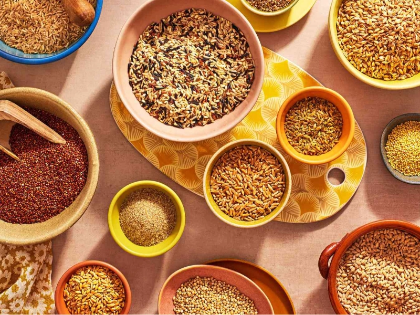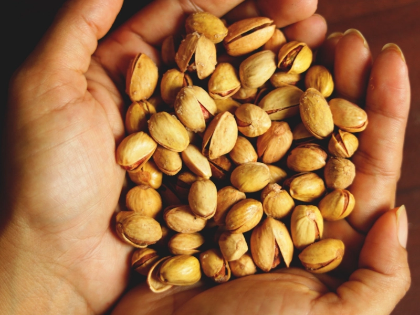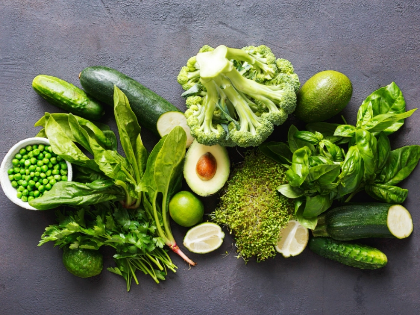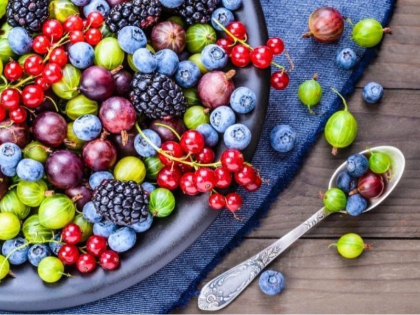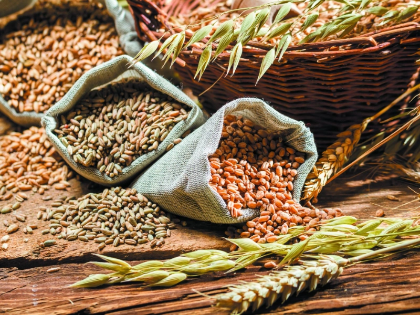How Broccoli Can Boost Your Athletic Performance
Although broccoli is hailed for its many health advantages, many athletes might not know how much this cruciferous vegetable might improve their performance. For individuals trying to increase their athletic performance, broccoli, loaded with vital nutrients, antioxidants, and anti-inflammatory chemicals, can be a game-changer This post looks at the several ways broccoli might help athletes perform better, so it's a must-have for every athlete's diet.
Nutrient Density for Peak Performance
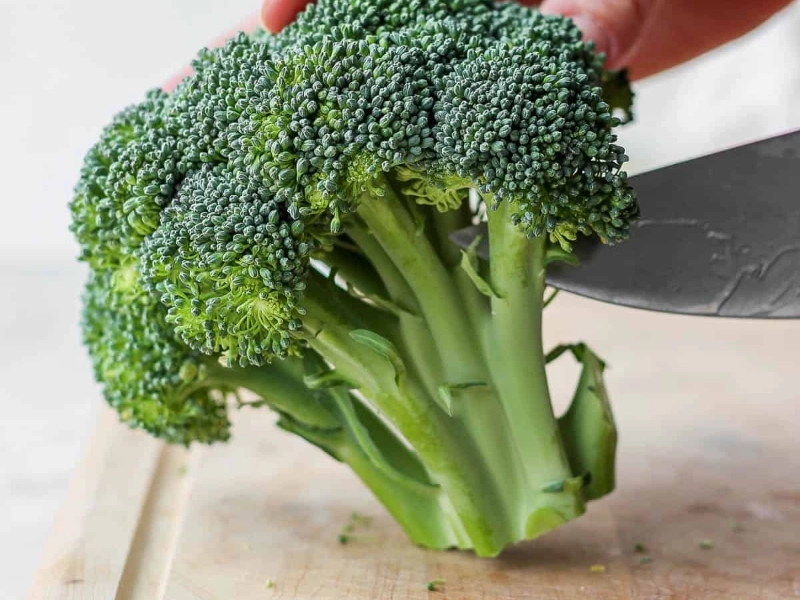
Broccoli's remarkable nutritional density is among its best qualities. Rich in vitamins and minerals vital for athletic performance, this vegetable For example, broccoli is a great source of vitamin C, which is essential for immune system operation and helps lower oxidative stress during demanding exercise. It also includes folate, which helps cell development and repair, and vitamin K, which is vital for the strength of bones. Including broccoli in your meals can enable you to make sure you satisfy your daily dietary requirements and give your body the fuel it needs for best operation. Broccoli fits well in many cuisines whether your preferred method is steamed, roasted, or mixed into smoothies. Regular broccoli consumption helps you increase your general nutrient intake, which will boost your athletic capacity and energy levels.
Antioxidants for Reconstruction
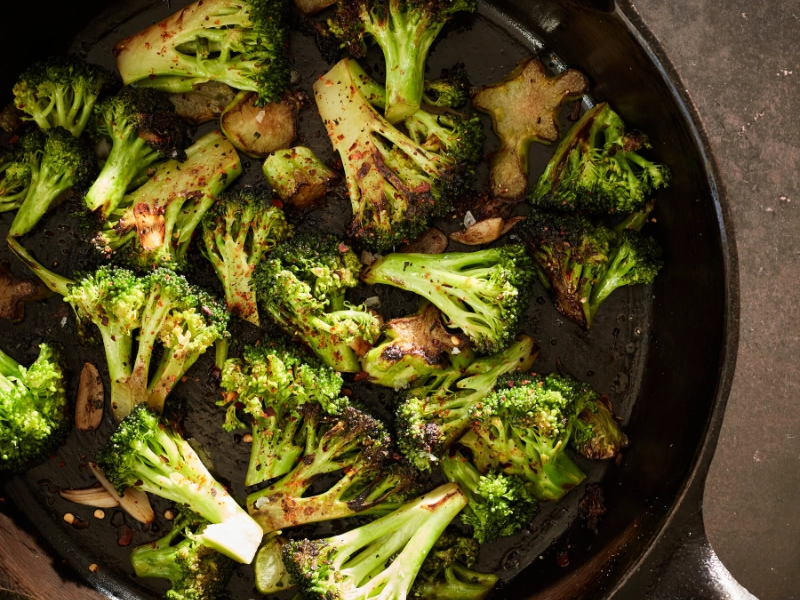
Because of their demanding training and competition, athletes can suffer oxidative stress that can cause muscle tiredness and extended recovery times. Sulforaphane and glucosinolates, among other antioxidants, broccoli is high in aid fight oxidative damage in the body. These molecules help to neutralise free radicals produced during vigorous physical exercise, therefore lowering inflammation and hastening healing. Especially helpful is eating broccoli after exercise. This vegetable's antioxidants assist reduce muscle pain, thereby enabling athletes to recover faster for their next training session. Including broccoli in your post-exercise meals—such as salads or stir-fries—helps your body naturally mend and promotes recuperation. Giving meals high in antioxidants like broccoli first priority can help you maximise your recovery and preserve best performance levels.
Benefits Against Inflammatory Agents
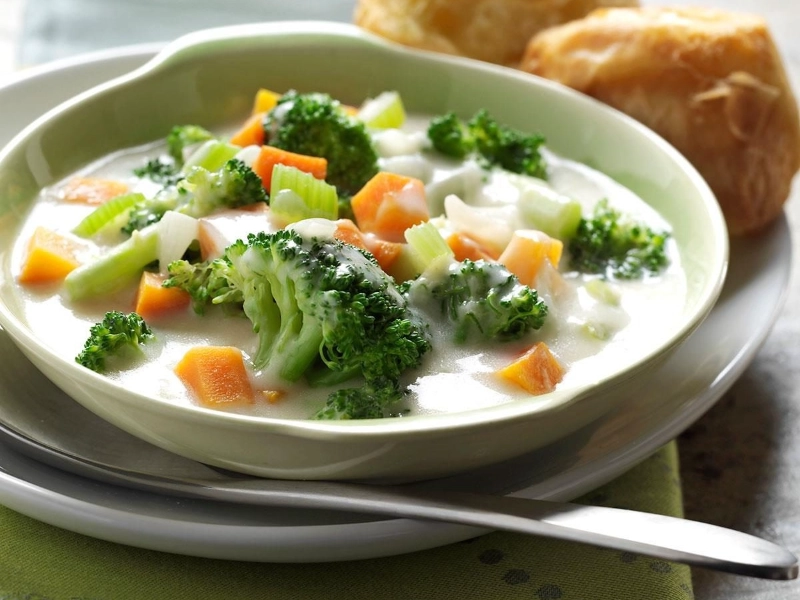
Athletes' performance may be hampered and recuperation times extended by chronic inflammation. Many anti-inflammatory chemicals found in broccoli can help to offset these effects. Particularly when paired with other anti-inflammatory meals, the omega-3 fatty acids included in broccoli help to further lower inflammation. Broccoli can assist athletes control inflammation brought on by demanding activities. Less pain, more mobility, and more consistency in training abilities can all follow from this. To make meals that support general health and performance, think about combining broccoli with other anti-inflammatory foods including almonds or fatty fish. Athletes can improve their training and competitive edge by stressing an anti-inflammatory diet.
Support for Muscle Function
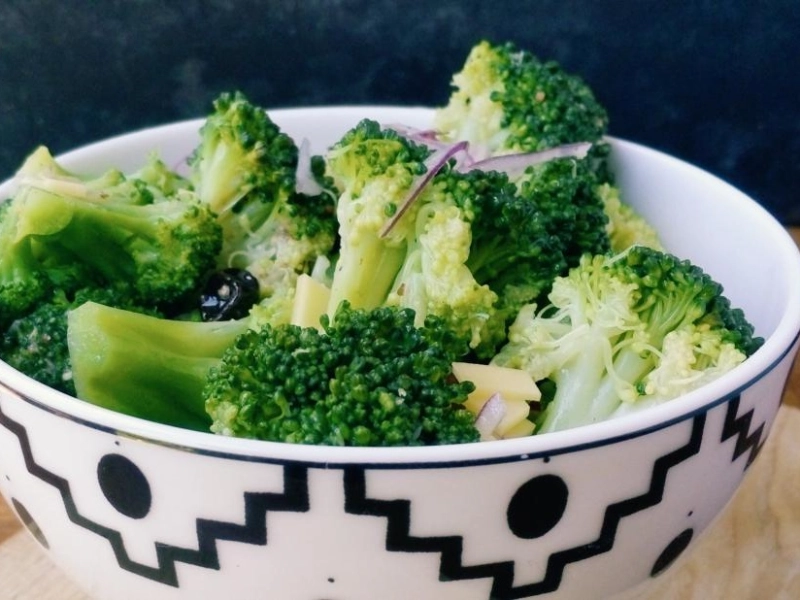
Additionally a rich supply of potassium, a mineral vital for muscle performance and hydration is broccoli. Maintaining ideal muscular contraction during exercise depends on the body's fluid balance, which is regulated in part by potassium. Enough potassium helps avoid muscle cramps and exhaustion so athletes may perform at their best. Including broccoli in your diet helps you consume more potassium generally. For those involved in endurance sports or high-intensity exercise, performance depends on adequate potassium levels. Combining broccoli with other foods high in potassium, such bananas or sweet potatoes, makes balanced meals that stimulate muscle activity. Athletes can improve their performance and lower their risk of muscle-related problems by giving foods high in potassium—like broccoli first priority.
Improving Strength and Res endurance
Furthermore helping to boost endurance and stamina are the minerals in broccoli. Rich in fibre, broccoli promotes digestion and keeps steady energy levels during exercises. For endurance sportsmen who need constant energy for extended events, this is especially crucial. Including broccoli in pre-workout meals will help to supply the fuel required for longer training sessions. A broccoli and quinoa salad, for instance, can provide a good combination of carbohydrates, protein, and fibre to make sure your body has the vitality it requires to function. Athletes can maximise their endurance and general performance by emphasising nutrient-dense foods like broccoli, so enabling them to push their boundaries during training and contests.
Flexible Culinary Applications
Broccoli's adaptability in the kitchen is among its finest features. There are several ways to cook this vegetable, thus it is simple to include into any dinner. Raw in salads, heated as a side dish, or combined into smoothies—broccoli fits perfectly into your diet. Using broccoli creatively might also help to make eating better fun. For a further nutritional boost, think about including it into spaghetti meals, stir-fries, or omelettes. To find fresh tastes and textures, you can even play about with several seasons and cooking techniques. Making broccoli a mainstay in your kitchen will help you to enjoy its many health advantages while keeping your dishes interesting and tasteable.
Affordable and Sustainable Diet
Apart from being good for your health, broccoli is a reasonably priced and environmentally friendly dietary choice. Athletes on a budget will find it easily accessible since it is generally less expensive than many other veggies and commonly available. Moreover, broccoli is a sustainable crop needing less resources than other food choices. Regularly including broccoli into your diet will help the environment and your health. For sportsmen trying to maximise their diet without going broke, this makes a wise decision. Including broccoli in your meals will enable you to meet your performance targets and support environmentally friendly eating habits.

